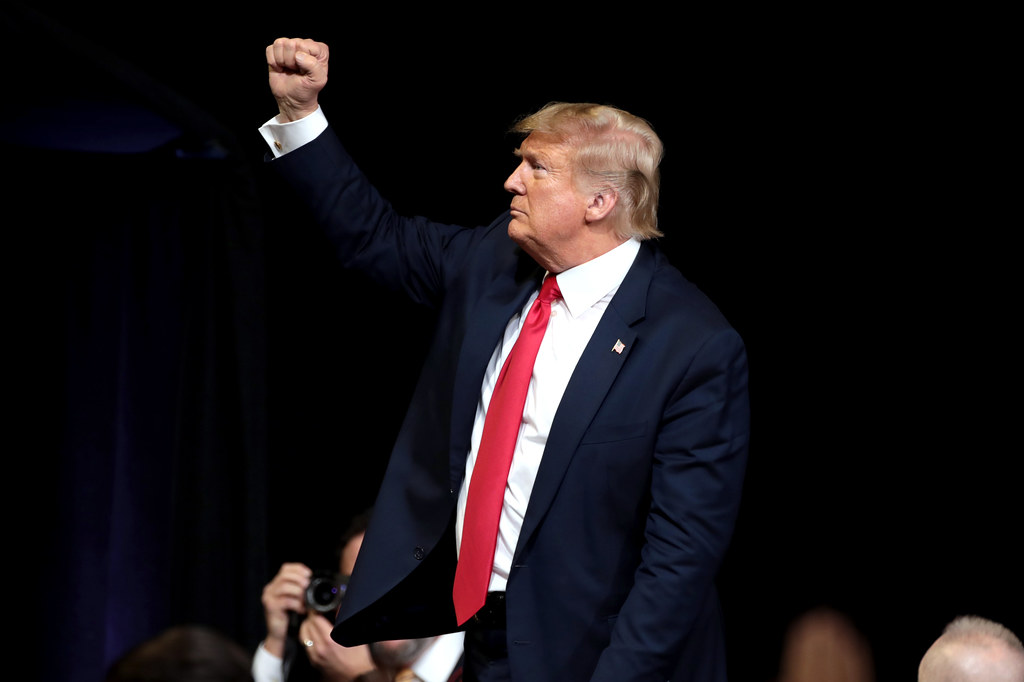
In a significant ruling, the New York judge overseeing Donald Trump’s hush money trial dismissed the president-elect’s plea to vacate his guilty verdict based on claims of presidential immunity. Judge Juan Merchan issued the decision this Monday, rejecting Trump’s argument that his recent election victory provided him with blanket immunity.
Judge Merchan’s firm statement, “Defendant’s motion to dismiss the indictment and verdict is denied,” came after deliberation on Trump’s immunity claims. Despite Trump’s assertion of being shielded by presidential immunity, Merchan found no grounds for such protection under the circumstances of the case. Trump spokesman Steven Cheung criticized the decision, deeming it “a direct violation of the Supreme Court’s decision on immunity” and stated, “This lawless case should have never been brought, and the Constitution demands that it be immediately dismissed.”
In May, Trump was convicted on 34 counts of falsifying business records, related to a payment his then-lawyer Michael Cohen made to adult film actress Stormy Daniels in the days leading up to the 2016 presidential election. Daniels alleges that she had a sexual encounter with Trump in 2006, a claim Trump has consistently denied.
Legal Arguments and Counterarguments
Trump’s legal team argued that following a Supreme Court ruling establishing a new standard for presidential immunity, which was issued weeks after his conviction, the indictment and verdict should be nullified. They contended that the Manhattan District Attorney’s office improperly presented evidence of Trump’s “official acts” to the jury, including public statements about the case. However, prosecutors maintained that this evidence was not detrimental to the integrity of the verdict, which should stand based on the overwhelming evidence of guilt presented during the trial.
Judge Merchan supported this viewpoint in his ruling, stating that some of Trump’s “claims relate entirely to unofficial conduct and thus, receive no immunity protections.” He further elaborated that even if the contested evidence was considered within the scope of presidential authority, its use did not infringe upon the executive branch’s functionality.
The judge has postponed sentencing while further motions, including a more comprehensive motion to dismiss and an argument concerning alleged juror misconduct, are considered. The nature of the juror misconduct has not been detailed, but Merchan has ordered that submissions related to the issue be made public with necessary redactions. A new sentencing date has yet to be scheduled.
Trump is set to be inaugurated as president on January 20, adding a layer of complexity and urgency to the proceedings.
| Date | Event |
|---|---|
| May 2020 | Conviction on 34 counts of falsifying business records |
| December 2020 | Motion to dismiss based on presidential immunity denied |
| January 2021 | Scheduled presidential inauguration |
The denial of Trump’s motion to dismiss his guilty verdict underscores the intricate balance between presidential immunity and accountability. As Trump prepares for his presidency, the outcome of this case could significantly impact his tenure and the legal precedents concerning presidential conduct.
Author’s opinion
The ongoing legal battles surrounding former President Donald Trump highlight a crucial junction of law and politics in America. As Trump prepares to re-enter the White House, the implications of his legal challenges are not merely about one individual’s guilt or innocence but reflect broader questions about the limits of presidential power and accountability. This case serves as a litmus test for the judiciary’s independence and its role in upholding the rule of law, especially when high political offices are involved. The outcome may well define the contours of American political norms and the presidency’s legal boundaries for years to come.
Featured image credit: Gage Skidmore by Flickr
Follow us for more breaking news on DMR
